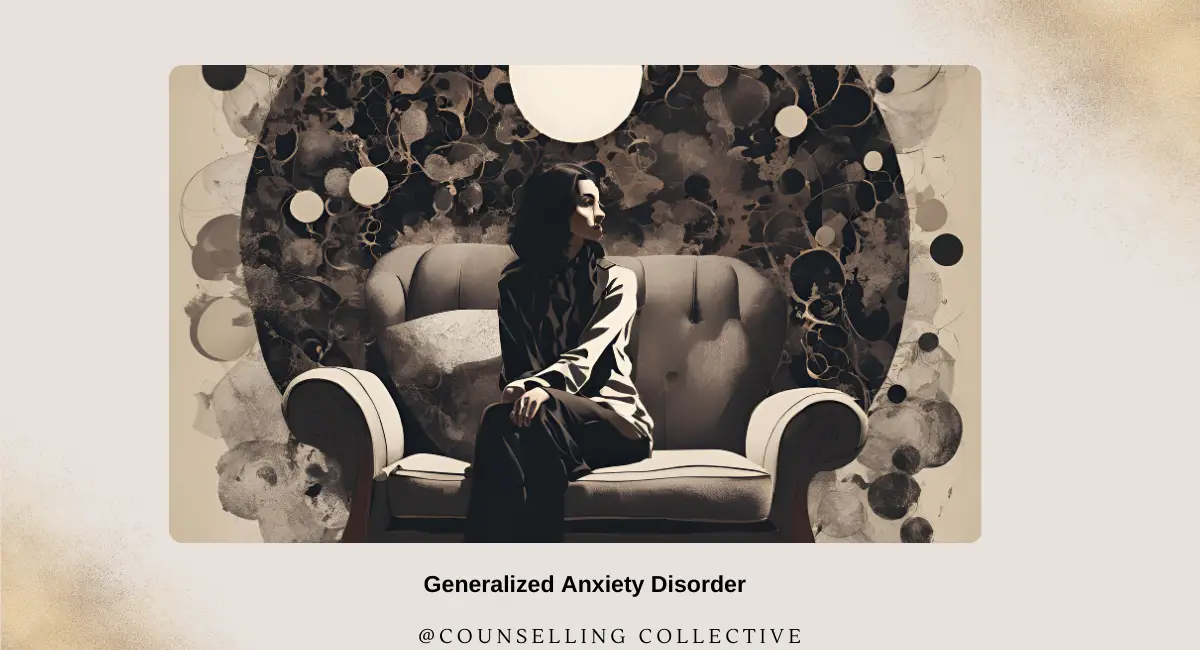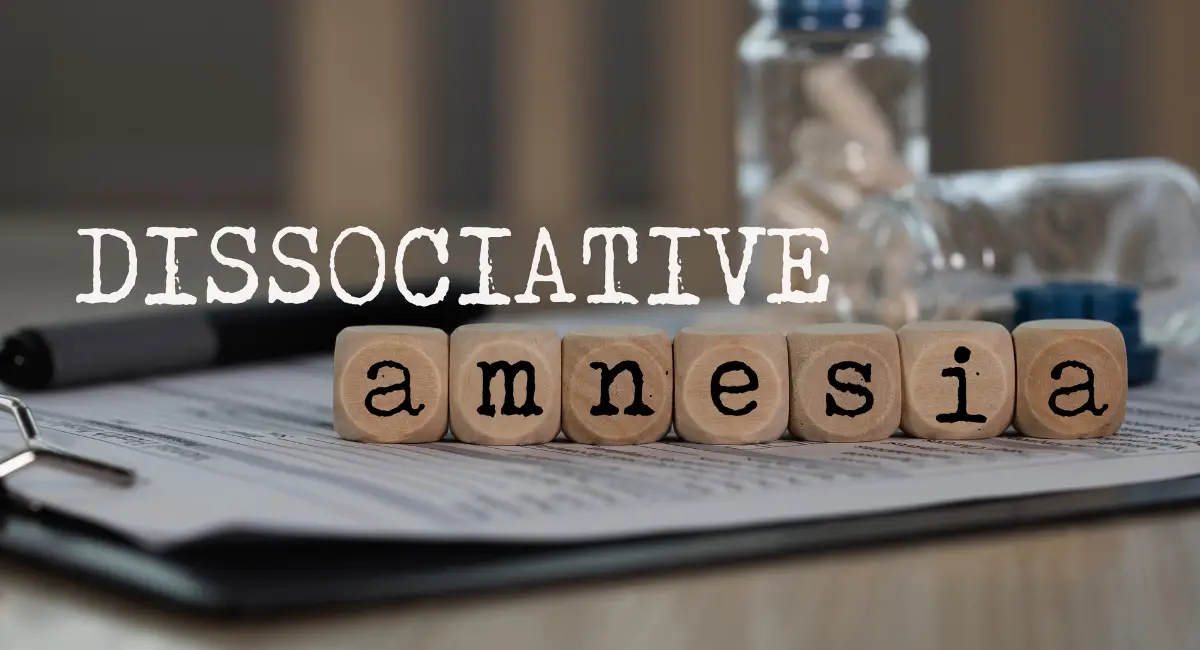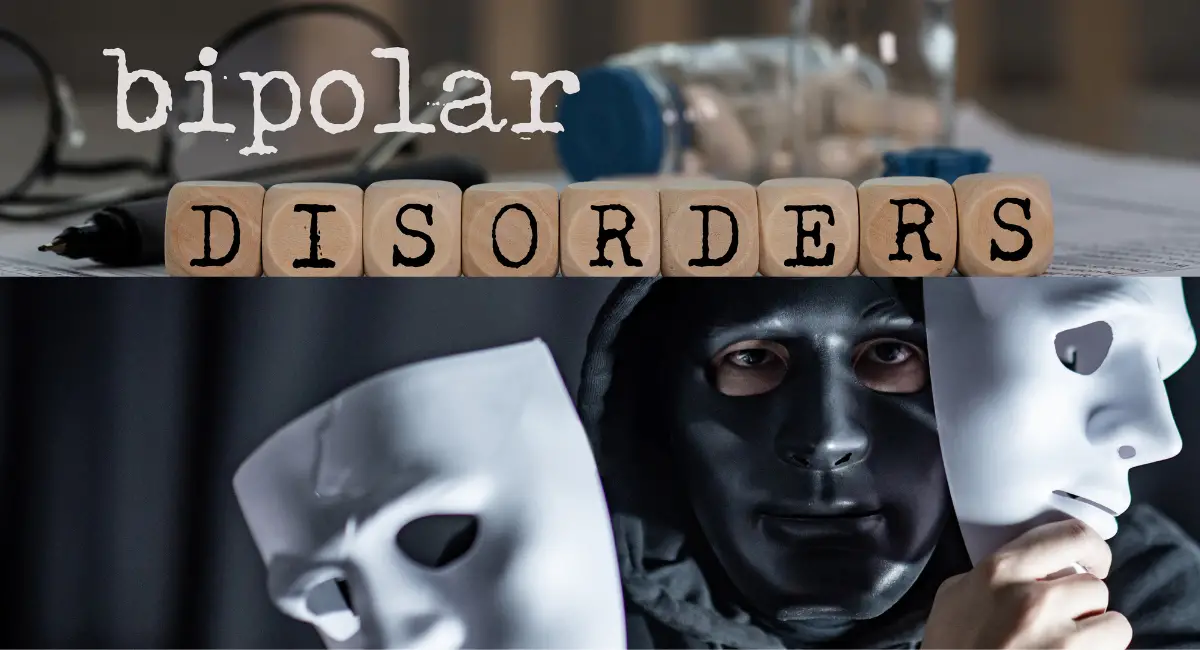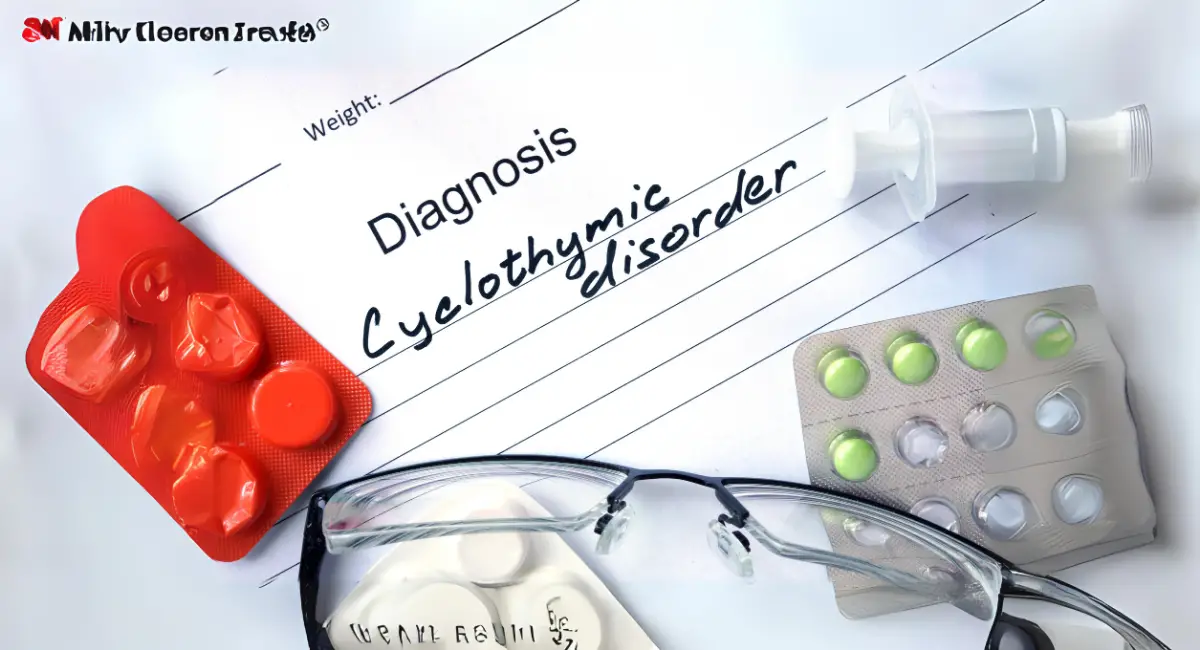
Oppositional Defiant Disorder (ODD): Symptoms, Causes, and Therapy Options
Contents
Introduction
Oppositional Defiant Disorder (ODD) is a behavioral disorder commonly diagnosed in childhood, characterized by a persistent pattern of angry, irritable, argumentative, or vindictive behavior toward authority figures. Children and adolescents with ODD frequently challenge rules, defy authority, and display frequent temper outbursts. The disorder can lead to significant difficulties in family, school, and social settings if not properly addressed.
According to the Diagnostic and Statistical Manual of Mental Disorders, Fifth Edition (DSM-5), ODD involves behaviors that last for at least six months and go beyond normal childhood rebelliousness. This article explores Oppositional Defiant Disorder (ODD) in detail, covering its Symptoms, Causes, and Therapy Options to provide a comprehensive understanding of the condition.
Symptoms of Oppositional Defiant Disorder (ODD)
The symptoms of ODD fall into three major categories: Angry/Irritable Mood, Argumentative/Defiant Behavior, and Vindictiveness. Below is a table outlining the common symptoms and examples of how they manifest in daily life:
| Symptom | Description/Example |
|---|---|
| Angry/Irritable Mood | Frequent temper tantrums or outbursts, irritability, and frustration. For example, a child may lose their temper easily and frequently yell at family members or peers. |
| Argumentative/Defiant Behavior | Regularly arguing with authority figures and refusing to follow rules. For example, a child may repeatedly challenge their parents or teachers and refuse to comply with instructions. |
| Vindictiveness | Intentional actions aimed at causing harm or annoyance to others, often as a form of revenge. For example, a child may deliberately act out or seek to “get back” at someone who they feel has wronged them. |
Causes and Risk Factors of Oppositional Defiant Disorder (ODD)
The development of ODD is influenced by a combination of biological, psychological, and environmental factors. Below are key causes and risk factors associated with ODD:
1. Biological Factors
Genetic and neurobiological factors may contribute to the development of ODD, including abnormalities in brain function, particularly in areas that regulate emotion and impulse control.
- Abnormalities in the prefrontal cortex and amygdala, which are responsible for decision-making, impulse control, and emotional regulation, have been associated with behavioral disorders like ODD.
- A family history of mental health disorders, including depression, anxiety, or substance abuse, can increase the risk of a child developing ODD.
Jessica, who has ODD, also has a family history of mood disorders. Her father struggles with emotional regulation, which may have contributed to Jessica’s behavioral challenges.
2. Environmental Factors
Environmental influences such as inconsistent discipline, family conflict, and exposure to violence or aggressive behavior can increase the likelihood of a child developing ODD.
- Inconsistent or harsh discipline from parents can reinforce oppositional behavior in children, leading to more defiant attitudes and actions over time.
- Family conflict, particularly frequent arguments between parents or chaotic home environments, can create a breeding ground for defiant behavior in children.
Tommy, who has ODD, grew up in a household where his parents frequently argued and used inconsistent discipline strategies. This unstable home environment likely contributed to his defiant behavior.
3. Psychological Factors
Children with ODD often struggle with emotional regulation and may have low frustration tolerance or difficulties managing stress. These psychological challenges contribute to their oppositional and defiant behaviors.
- Emotional dysregulation is a key feature of ODD, as these children often have difficulty managing their emotions when faced with challenges or perceived unfairness.
- Low frustration tolerance and poor impulse control can lead to frequent temper outbursts and defiance when children feel overwhelmed or unable to cope with stress.
Michael, who has ODD, finds it difficult to manage his frustration in social situations. When faced with disappointment or rejection, he often responds with vindictive or aggressive behavior.
Therapy and Treatment Options for Oppositional Defiant Disorder (ODD)
The treatment of Oppositional Defiant Disorder (ODD) typically involves a combination of psychotherapy, parental interventions, and behavioral strategies. Below are key therapy and treatment options for managing ODD:
1. Cognitive Behavioral Therapy (CBT)
Cognitive Behavioral Therapy (CBT) is one of the most effective treatments for addressing the behavioral symptoms of ODD. CBT helps children develop more positive coping mechanisms and challenge negative thought patterns that lead to defiant behavior.
- CBT for children with ODD focuses on teaching emotional regulation skills, problem-solving techniques, and strategies for managing frustration. Children learn how to recognize and change their negative behavior patterns.
- Anger management techniques are often incorporated into CBT to help children cope with their emotional responses and reduce the likelihood of explosive temper outbursts.
Tommy participated in Cognitive Behavioral Therapy (CBT), where he learned valuable skills to manage his anger and frustration more effectively. CBT is an evidence-based therapeutic approach that helps individuals recognize and change negative thought patterns and behaviors. During his sessions, Tommy worked with his therapist to identify the triggers and underlying thoughts that contributed to his anger and oppositional behavior.
2. Parent Management Training (PMT)
Parent Management Training (PMT) is a critical intervention for addressing ODD. This therapy teaches parents how to manage their child’s behavior more effectively by using consistent discipline, positive reinforcement, and clear expectations.
- PMT focuses on teaching parents how to reinforce positive behaviors while reducing negative behaviors. Parents learn strategies such as positive reinforcement, setting clear limits, and using time-outs effectively.
- The goal of PMT is to create a more structured and supportive home environment where the child’s defiant behavior is less likely to escalate.
Jessica’s parents attended Parent Management Training (PMT), where they learned effective strategies to respond to her defiant behavior more consistently. PMT is a therapeutic approach that teaches parents how to manage their child’s challenging behaviors through structured techniques. In the sessions, Jessica’s parents were guided on how to set clear, consistent rules and expectations, which helped provide structure and predictability in their household.
3. Social Skills Training (SST)
Social Skills Training (SST) helps children with ODD develop better communication skills and improve their relationships with peers and authority figures. SST focuses on teaching children how to interact more positively with others and manage conflicts in a healthy way.
- SST often involves role-playing and practice scenarios to teach children how to navigate social interactions without resorting to defiance or aggression.
- Children learn how to resolve conflicts, handle peer pressure, and communicate their needs more effectively, reducing the likelihood of arguments or temper outbursts.
Michael, who had trouble getting along with his peers due to his vindictive behavior, participated in Social Skills Training (SST). SST is a therapeutic approach designed to help individuals improve their social interactions and build more positive relationships. During therapy, Michael worked on developing key skills such as active listening, empathy, and appropriate ways to express his feelings.
4. Collaborative Problem-Solving (CPS)
Collaborative Problem-Solving (CPS) is a therapeutic approach designed to help children with ODD and their caregivers work together to resolve conflicts and challenges. CPS focuses on identifying the child’s unmet needs and finding mutually satisfying solutions.
- In CPS, the therapist helps the child and parents engage in open communication to understand the root causes of the child’s defiant behavior and collaboratively find solutions that work for both parties.
- CPS encourages children to take an active role in solving their own problems, which can help reduce feelings of frustration and defiance.
Jessica and her parents participated in Collaborative and Proactive Solutions (CPS) to address her frequent arguments at home. CPS is an approach that focuses on problem-solving through collaboration between children and parents, rather than relying on traditional discipline methods. During the sessions, Jessica, with the support of her parents, learned how to express her concerns and frustrations in a constructive manner. T
Long-Term Management of Oppositional Defiant Disorder (ODD)
Managing ODD over the long term requires ongoing support and consistent intervention. Key strategies for long-term management include:
- Consistent Parenting: Maintaining clear, consistent rules and discipline strategies at home is crucial for reducing defiant behavior.
- Ongoing Therapy: Continued participation in CBT or PMT can help children develop and maintain emotional regulation skills.
- School Support: Working with teachers and school counselors to implement behavior plans can help children with ODD succeed academically and socially.
Conclusion
Oppositional Defiant Disorder (ODD) is characterized by persistent patterns of defiant, argumentative, and vindictive behavior, which can create significant difficulties in family, school, and social settings. The causes of ODD are multifactorial, involving biological, environmental, and psychological factors. Treatment typically includes Cognitive Behavioral Therapy (CBT), Parent Management Training (PMT), Social Skills Training (SST), and Collaborative Problem-Solving (CPS). Long-term management strategies, including ongoing therapy and consistent parenting, are essential for improving behavioral outcomes and the overall well-being of individuals with ODD.
References
- American Psychiatric Association. (2013). Diagnostic and Statistical Manual of Mental Disorders (5th ed.). Washington, DC: American Psychiatric Publishing. Link
- Kazdin, A. E. (2018). Parent Management Training: Treatment for Oppositional, Aggressive, and Antisocial Behavior in Children and Adolescents. Oxford University Press.
- Greene, R. W. (2014). The Explosive Child: A New Approach for Understanding and Parenting Easily Frustrated, Chronically Inflexible Children. HarperCollins Publishers.
- Lochman, J. E., & Wells, K. C. (2018). Cognitive Behavioral Therapy for Aggressive Children and Adolescents. Oxford University Press.
- Frick, P. J. (2015). Disruptive Behavior Disorders: Evidence-Based Practice and Assessment. Springer Publishing.
Explore Other Mental Health Issues








